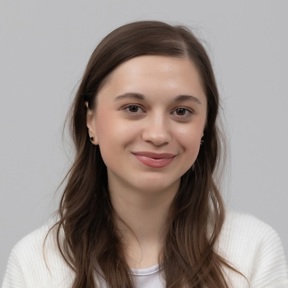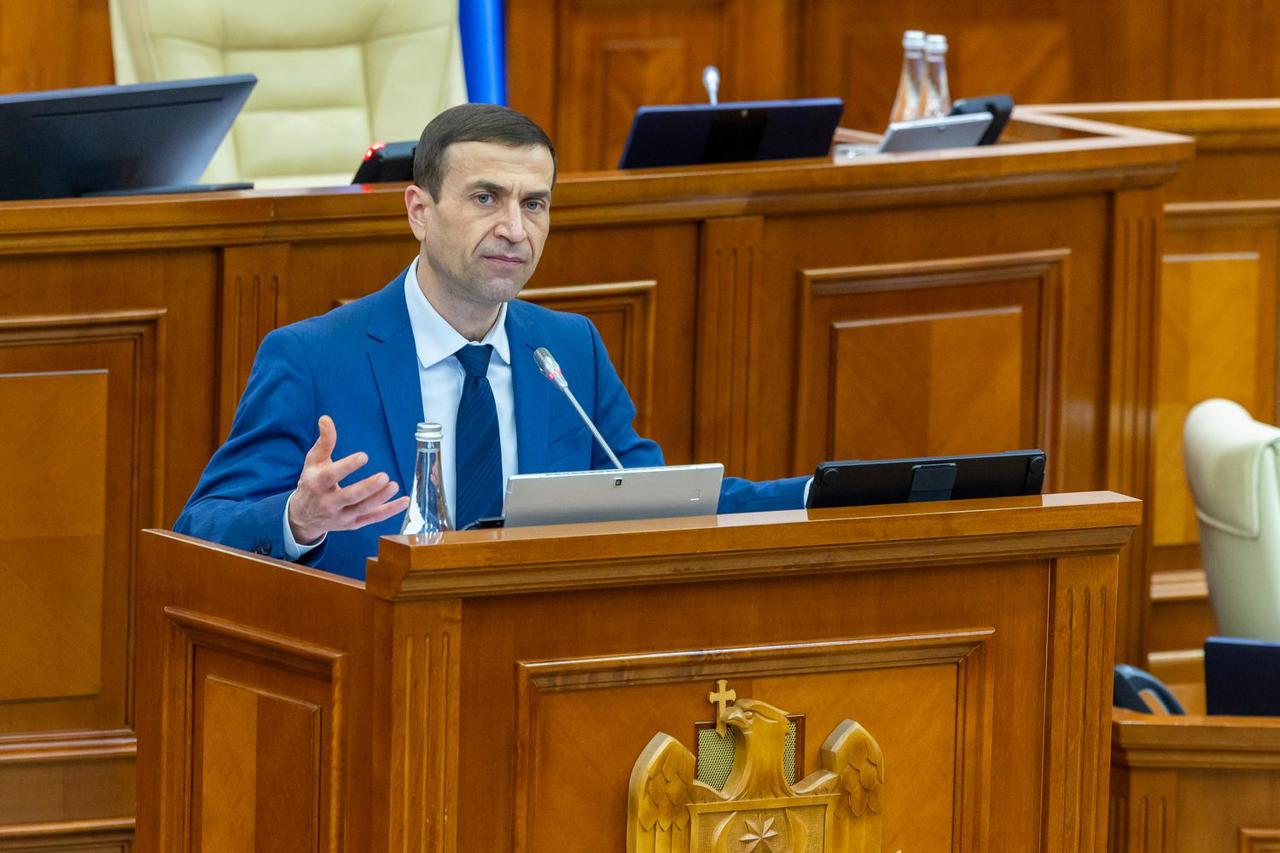Moldova: Improved cataract treatment
Approximately 12,000 cataract surgeries were performed last year. The number of surgeries increased by roughly three thousand compared to the previous year.

Consequently, 152 million lei were allocated from the national health insurance fund. The funding covers the costs of surgery, treatment, investigations, consultations, medications, hospital accommodation, and meals.
Zinaida Magariu, 74, recently underwent cataract surgery. The first symptoms appeared three years ago. Although she consulted a doctor and received treatment, surgery was inevitable.
"I noticed a blur, a problem while reading. I had vision problems in both eyes, especially the left. Then it also affected my right eye. I received treatment, which may have helped. But I still needed surgery," says Zinaida Magariu.
Anatolie Covalenco noticed vision problems last year and recently underwent cataract surgery.
"My vision was worse during the day but better at night. They examined me and found I had cataracts that were progressing. This is my first surgery ever. I wasn't scared before, but I felt uneasy before the operation," says Anatolie Covalenco.
According to doctors, cataract surgeries are most often performed on people over 50. The procedure lasts up to half an hour.
"Older patients typically experience significantly reduced visual acuity, leading them to seek medical care. If the surgery is uncomplicated, and the cataract is not complex, recovery takes no more than a day," stated Ala Paduca, head of the Ophthalmology Department.
"Symptoms typically include a gradual decline in vision. Blurriness may occur and gradually worsen. Early diagnosis of cataracts is crucial, as patients now have a valuable opportunity through the 'National Cataract Surgery Program,'" stated ophthalmologist Eugeniu Bendelic.
This year, over 145 million lei have been allocated from the national health insurance fund for 12,000 surgeries.
Translation by Iurie Tataru






